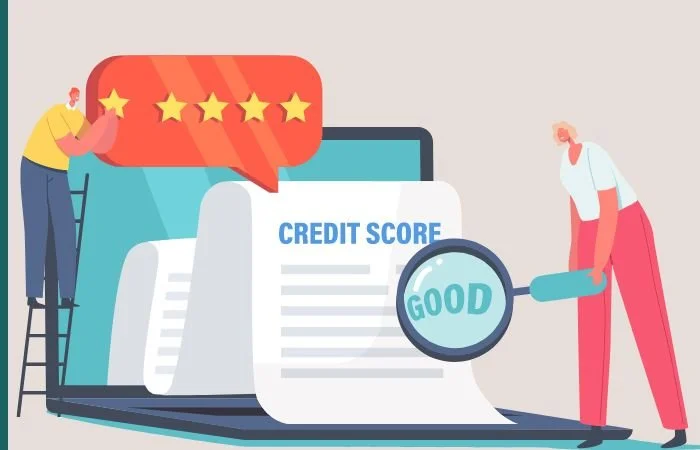Top 10 tips that will boost your credit score
In order to boost your credit score, there are certain things you can do.
In this article, Your Debt Expert share some top tips that will help boost your credit score. Through helping individuals start their journey to becoming debt-free, Your Debt Expert provide advice on everything from how trust deeds work to bailiffs, joint mortgages and more
Check out the 10 tips that will help improve your credit rating. Follow these simple steps and you'll be on your way to a higher credit score in no time!
1. Check your credit report regularly.
You can check your credit score for free each year. It’s important to check your credit report regularly for inaccuracies or errors that could be dragging down your score. If you find any errors, you can dispute them with the credit bureau. A bad credit score can make it difficult to get approved for loans or credit cards, and it can also lead to higher interest rates.
2. Make all of your payments on time.
One of the biggest factors in your credit score is your payment history. Making all of your payments on time, including credit cards, loans, and utility bills, can help improve your credit score. If you have trouble remembering to pay your bills on time, you can set up automatic payments.
3. Keep your credit balances low.
Another factor that affects your credit score is your credit utilization. This is the ratio of your credit card balances to your credit limits. It’s important to keep your credit utilization low, because it shows lenders that you’re not maxing out your cards and that you’re able to manage your debt. A good rule of thumb is to keep your credit utilization below 30%.
4. Get rid of bad debt.
If you have bad debt, such as a high interest rate loan or a maxed out credit card, it can drag down your credit score. You can get rid of bad debt by paying it off or transferring it to a lower interest rate loan.
5. Use a secured credit card.
A secured credit card is a good option for people with bad credit, because it requires a security deposit that acts as your credit limit. This deposit reduces the risk for the lender, which makes it easier to get approved. A secured credit card can help you build up your credit history and improve your credit score.
6. Get a co-signer.
If you have bad credit, you may be able to get approved for a loan or credit card by getting a co-signer with good credit. A co-signer is someone who agrees to repay the debt if you default on the loan. This can be a good option if you have bad credit but are otherwise reliable with payments.
7. Join a credit union.
Credit unions are often more willing to work with people with bad credit than banks. Credit unions offer a variety of financial products, including loans, credit cards, and checking accounts. You may be able to get approved for a loan or credit card with a lower interest rate at a credit union.
8. Use a credit builder loan.
A credit builder loan is a type of loan that is designed to help people with bad credit improve their credit scores. With a credit builder loan, you make regular payments over a set period of time. The lender reports your payment history to the credit bureaus, which can help improve your credit score.
9. Get a prepaid debit card.
A prepaid debit card can help you build up your credit history by reporting your activity to the credit bureaus. You can use a prepaid debit card like a regular debit or credit card, but you’ll need to load it with money first. This can be a good option if you don’t have a bank account or if you have bad credit.
10. Use a family member’s good credit.
If you have bad credit, you may be able to use a family member’s good credit to get approved for a loan or credit card. This is called piggybacking and can be a good option if you have bad credit but are otherwise reliable with payments.
Bad credit can make it difficult to get approved for loans or credit cards, and it can also lead to higher interest rates. However, there are ways to improve your credit score. by following the tips above, you can improve your credit score and get back on track financially.







